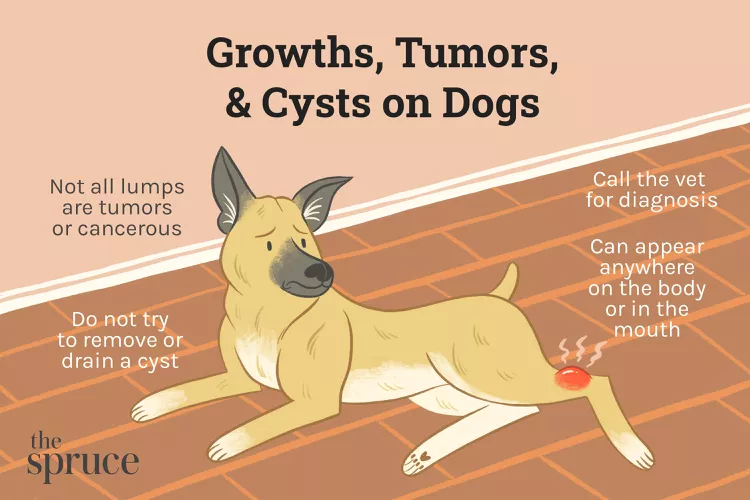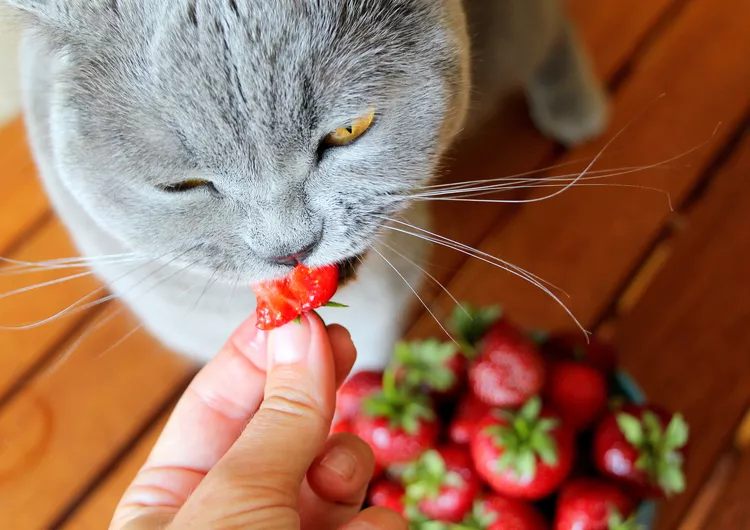
Acetaminophen, or Tylenol, is a common over-the-counter medication used by humans to relieve pain and fever. You may be tempted to give your dog acetaminophen for pain since it's available over the counter. However, this drug can be toxic to dogs.
You should never give your dog acetaminophen. If you suspect your dog needs pain relief or has a fever, seek veterinary care for your dog.
Acetaminophen is a nonprescription medication that relieves mild to moderate pain and reduces fever. It is an anti-inflammatory that also has analgesic properties to reduce pain and lower fevers. The drug has been a popular, effective pain reliever and fever reducer for human use since the 1950s.
Acetaminophen is not available in veterinary preparations and is not a recommended form of pain relief in dogs.
Acetaminophen can be highly toxic to dogs.
If your dog is in pain, your vet will prescribe a more effective, safer drug than acetaminophen. There are many veterinary pain medications to choose from that can help your pet depending on its specific needs. It is important to get your dog to the vet right away if it is in pain as this can be a symptom of many problems, and a pain reliever may mask these signs without helping to treat the underlying condition.
Never give ibuprofen (Advil) or naproxen (Aleve) to dogs as these are highly toxic. Always consult with your vet before giving your dog any medication, supplement, or herbal remedy.
There may be rare cases where your veterinarian recommends giving a pain reliever containing a low dose of acetaminophen to your dog. This is only done in very unique cases and is based on the specific health and condition of your dog. If so, you must follow your vet's recommendation for dosage and administration.
Acetaminophen is never safe for cats and is highly toxic to them.
Dogs receiving safe, low doses of acetaminophen may still experience adverse effects, such as gastrointestinal upset, liver and/or kidney issues, blood-related problems, or dry eye. The risk of potentially serious side effects makes it a poor choice for pain management in dogs, especially because there are many safe medications that can be used instead.
Acetaminophen is generally considered toxic to dogs at doses above 30 to 50 milligrams per kilogram (13 to 22 milligrams per pound). However, some dogs are more sensitive and will experience toxic effects at lower doses. In addition, frequent ingestion of acetaminophen may make dogs more susceptible to toxicity.
Acetaminophen toxicity causes damage to the liver and red blood cells. It may damage the kidneys as well. This damage creates many serious complications in the body and may lead to death.
Signs of acetaminophen toxicity typically appear around one to four hours after ingestion and tend to get gradually worse if untreated.
If you know that your dog ingested a toxic amount of acetaminophen, then you should contact your veterinarian immediately. Your vet may recommend that you induce vomiting at home or bring your dog in for them to induce vomiting under veterinary supervision. Don't try to induce vomiting at home unless your veterinarian recommends it and provides detailed instructions.
If it's been 30 minutes or more since your dog ate acetaminophen, then vomiting is unlikely to be enough. Your dog will need veterinary treatment for acetaminophen toxicity. The vet may need to give your dog activated charcoal to try to decontaminate toxins from the GI tract. A drug called N-acetylcysteine is another common treatment used to protect red blood cells and the liver from further injury. Intravenous fluids and additional medications may be necessary for supportive care. In serious cases, your vet may recommend a referral to a veterinary specialty center for more intensive care.
The prognosis of acetaminophen toxicity in dogs varies from case to case and depends on the amount of drug ingested and any underlying conditions the dog may have. As is the case with most toxins, the sooner the dog is treated, the better the chance of recovery. The best way to prevent accidental ingestion is to keep medications safely locked up and out of reach.

Tumors, Growths, and Cysts in Dogs
Tumors, lumps, growths, or cysts are commonly found on dogs. Learn the causes, treatments, and preventative measures.
Eye Injuries and Infections in Dogs
Dogs can suffer eye injuries that range from mildly irritating to serious medical emergencies. Learn the causes, treatment, and prevention.
Vestibular Disease in Dogs
Vestibular disease affects a dog's balance and eye movements. Find out about the signs, causes, and treatment of vestibular disease in dogs.
Is Acetaminophen Safe for Dogs?
Acetaminophen is used by humans for pain and fever relief, but is it safe for dogs? Here's what you need to know before giving your dog acetaminophen.
Can Dogs Eat Zucchini? Everything to Know About This Hardy Summer Squash
Zucchini is a nutritious food that's safe for dogs to eat in moderation. This low-calorie, high-fiber vegetable can be incorporated as a healthy treat in a dog's balanced diet. Learn more about its health benefits, potential risks, and how to prepare it.
Can Dogs Eat Popcorn? What You Need to Know for Movie Night
Dogs can eat popcorn, but there are safety concerns. Find out how to safely feed your dog popcorn and what you should do if you're concerned.
65 Irish Cat Names
Irish cat names can pay homage to historical places, local cuisine, famous Irish actors and musicians, or other wonderful aspects of the Emerald Isle.
46 Egyptian Cat Names
Whether inspired by notable Egyptian deities, locales, or pharaohs, Egyptian cat names can bring out the divinity of your noble feline companion.
Are Ant Traps Safe for Cats?
Here's how to know if ant traps are safe for cats and how to keep yours free from harm if you have an ant problem.
The 6 Best Cat Nail Clippers of 2024 for a Safe Trim
Clipping your cat's nails can save your furniture and keep your kitty comfortable. We asked veterinarians for their cat nail clipper recommendations.
Is Neosporin Safe for Cats?
A brief summary of concerns a cat owner should be aware of before putting Neosporin on their cat, plus tips for things they can use at home instead.
Can Cats Eat Strawberries? How to Safely Share This Summer Berry
Although cats are primarily meat eaters, strawberries may be an interesting and tasty snack for your feline friend. Find out the risks of feeding strawberries to cats and how to safely let your cat enjoy this fruit.
Cute Pictures & Facts About Calico Cats & Kittens
Learn fascinating facts about calico cats, including photos, the genetics behind this color combination, and common folklore and traditions.
12 Most Popular Cat Breeds for Feline Lovers
These 12 cat breeds, like the Siamese and Sphynx, are known for their unique appearances and personalities. Learn what makes them so popular.
Balinese: Cat Breed Profile, Characteristics & Care
The Balinese cat is playful, sociable, elegant, intelligent, and a touch on the vocal side. Learn about the Balinese, including appearance, temperament, health, and care needs.
Why Cats Don't Always Cover Their Poop
Cats may not cover their poop for a few different reasons, including being territorial, sending a message to their owner, and not liking the litter.
Cavapoo: Dog Breed Characteristics & Care
The Cavapoo is a hybrid of the Cavalier King Charles spaniel and a toy or miniature poodle. Learn why these teddy-bear-looking dogs make the perfect addition to your family.
Why Dogs Eat Poop and How to Stop Them
Is your dog eating poop? Some dogs do this because of stress or illness. Learn how to prevent stool eating, or coprophagia, in dogs.
Can Dogs Get Depression? How to Help Your Sad Dog
Can dogs get depression? Learn about the signs of depression in dogs and find out how to help your sad dog.
4 Reasons Why Your Dog Licks Their Butt
Butt-licking in dogs can be a part of normal grooming, but excessive butt-licking is not normal. Read about the most common reasons for this behavior.